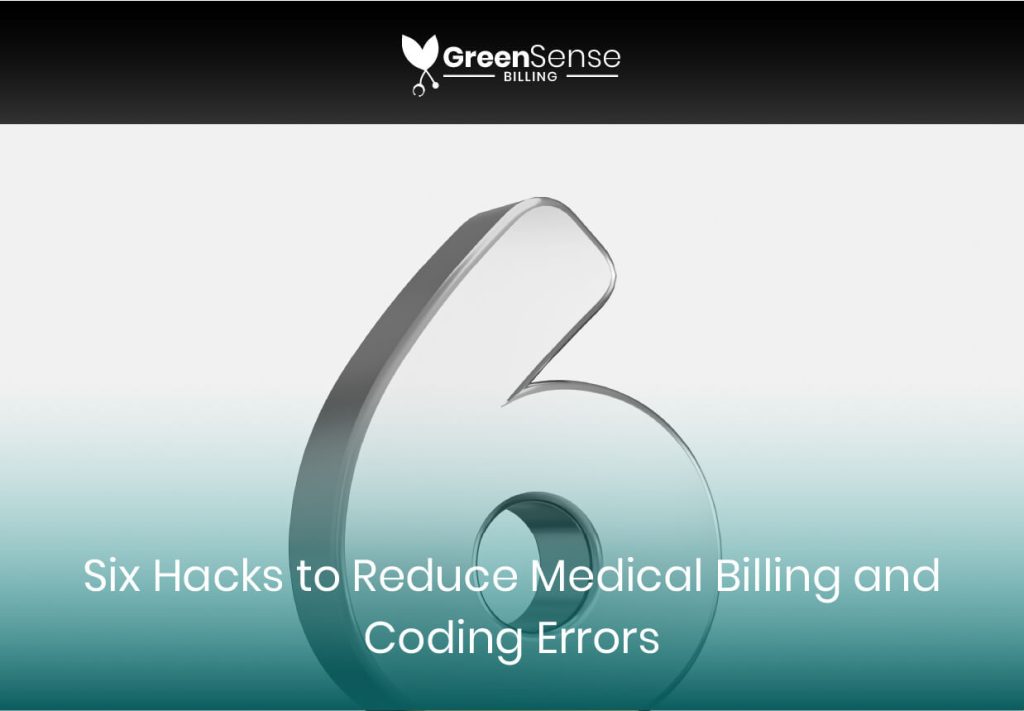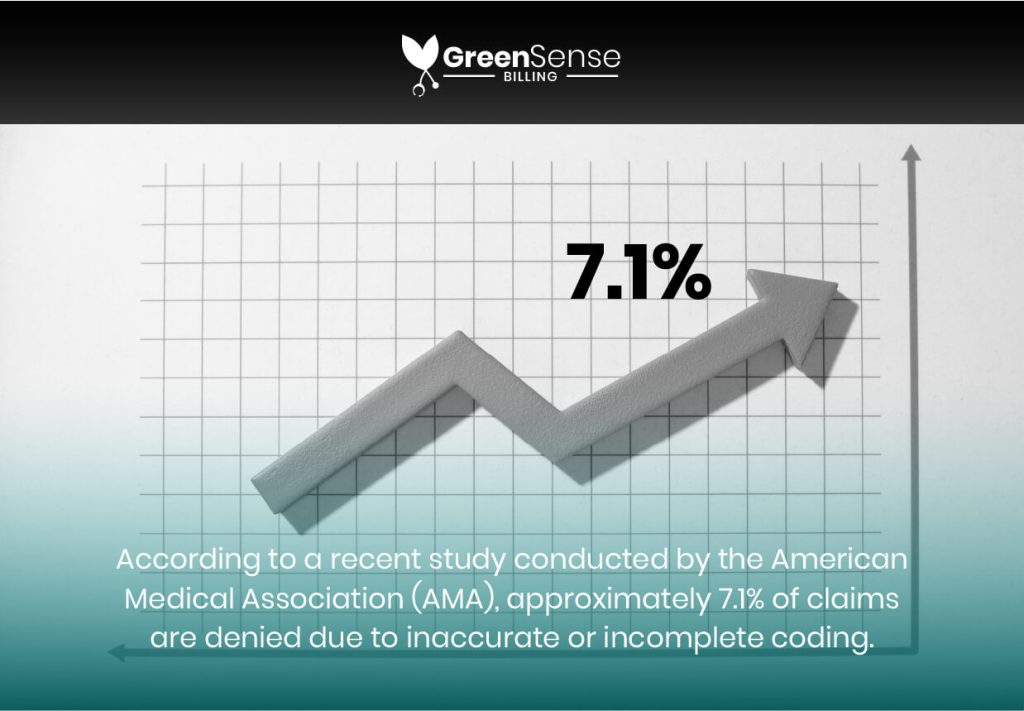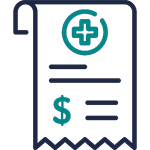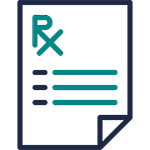Hey there! We all know that navigating the healthcare system can sometimes feel like solving a Rubik’s Cube blindfolded. One of the most frustrating challenges healthcare providers face is the complex world of medical billing and coding.
It’s like speaking a secret language that only a few understand. But, fear not! In this blog, we’ll shed light on this puzzling subject and find out ways to reduce errors in medical billing and coding.
So, chin up, put on your scrubs, and let’s decode the medical billing and coding mystery, together!
Understanding the Billing Dilemma

Before diving into the solutions, it’s necessary to get a basic understanding of the problem first.
Medical billing and coding are like the gears that keep the healthcare system running smoothly. They involve translating the diagnoses, treatments, and procedures into specific codes that insurance companies can understand.
These codes help identify reimbursement rates, coverage eligibility, and more.
Sounds simple, right? Well, not exactly.
The Importance of Accurate Medical Coding

First things first, what exactly is medical coding? Well, it’s a way of translating medical procedures and diagnoses into standardized codes.
These codes help healthcare providers communicate with insurance companies and ensure accurate billing.
Certified medical coders are professionals who assign the appropriate codes for various treatments. However, errors can still occur, and when they do, they can result in delays, claim denials, and even financial loss.
That’s why it’s important to handle these problems head-on and find effective ways to minimize billing and coding errors.
Common Medical Billing & Coding Errors

The medical billing and coding process is prone to errors. These errors can lead to headaches for everyone involved, and delay in reimbursements for healthcare providers. However, here are a few common culprits behind these errors:
- Incorrect Use of CPT Codes
One of the primary culprits is the incorrect use of CPT codes. CPT codes, or Current Procedural Terminology codes, represent specific medical services and procedures.
Misinterpreting, misapplying, or using denial codes in medical billing can lead to claim rejections. They can even result in non-reimbursement.
- Human Error
We’re only human, after all! Typos, incorrect codes, or data entry mistakes can easily slip through the cracks, causing billing and coding errors.
- Inadequate Documentation
Accurate documentation is crucial for proper coding. If healthcare providers don’t capture all the necessary information, it can result in coding errors and rejected claims.
- Ever-Changing Regulations
The healthcare industry is like a roller coaster ride when it comes to regulations. Keeping up with the constant changes can leave even the most experienced professionals scratching their heads.
Are you one of them? We hope not!
Strategies to Reduce Medical Billing and Coding Errors

Now that we’ve found the villains, let’s explore some solutions to make medical billing and coding more accurate and less frustrating:
- Hire Certified Medical Coder
First, it’s essential to invest in certified medical billing and coding professionals.
These experts undergo extensive training to ensure accurate coding and billing practices.
Additionally, regular audits and quality checks can also help identify any errors and address them timely.
- Simplify Documentation
To further reduce errors, healthcare providers should prioritize clear and thorough documentation of medical procedures.
This includes recording accurate details, such as diagnoses, treatments, and medications prescribed.
The more precise the documentation, the easier it becomes to assign the correct codes and minimize errors.
- Embrace Technology
Benefiting technology can also streamline the billing and coding process.
Electronic Health Record (EHR) systems and specialized software can automate coding, cross-reference CPT codes, and even suggest correct codes based on documented medical information.
Such tools not only enhance efficiency but also decrease the chances of human errors.
- Continuous Education
Staying up-to-date with the latest coding guidelines is also important.
Healthcare professionals should undergo regular training and certification programs to ensure they are familiar with the ever-changing rules and regulations.
- Implement Quality Checks
Double-checking is never a bad idea!
Regular audits and quality checks can identify coding errors before they wreak havoc.
It’s like having a sharp-eyed detective on the case.
- Enhance Communication
Encouraging open lines of communication between healthcare providers and coders is also essential. Collaboration and clarification can minimize misunderstandings and coding plus billing errors.
The Cost of Medical Billing and Coding Errors

Not everyone understands that medical billing and coding errors can have a significant financial impact on healthcare providers and their cash flows.
Let’s take a closer look at the numbers to understand the gravity of the situation.
According to a recent study conducted by the American Medical Association (AMA), approximately 7.1% of claims are denied due to inaccurate or incomplete coding.
These denials cost healthcare providers an estimated $262 billion annually. This striking amount not only affects the bottom line of medical practices but also limits their ability to provide quality care and invest in necessary resources.
Furthermore, billing errors can also lead to increased out-of-pocket expenses for patients.
When claims are denied or delayed, patients may be left with hefty medical bills that they were not expecting. A survey conducted by the Medical Billing Advocates of America revealed that around 80% of medical bills contain errors, resulting in patients overpaying by an average of 25%.
These numbers highlight the urgent need to address medical billing and coding errors.
By implementing effective strategies to reduce errors, healthcare providers can significantly improve their revenue cycle and enhance the overall patient experience.
However, If managing the revenue cycle and front desk tasks in-house are difficult for them, there is no better option than outsourcing medical billing service.
And, to pave the way, there’s no medical billing company better than GreenSense Billing! With our team on the case, we ensure there is no room for mistakes!
Conclusion
The impact of medical billing and coding errors goes beyond just administrative challenges.
It has significant financial outcomes for both healthcare providers and patients. By addressing these issues head-on and implementing the strategies as discussed, healthcare providers can reduce the denied claims, decrease the financial burden, and enhance the overall efficiency of their practice.
Let’s work together to create a healthcare environment where accurate medical coding and billing practices are the norm, benefiting everyone involved. For more details leave us a comment or talk to our expert at (218) 892-3018.



















